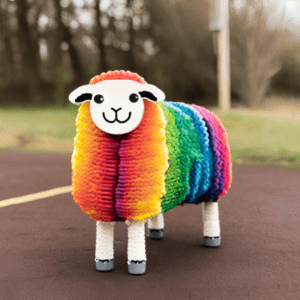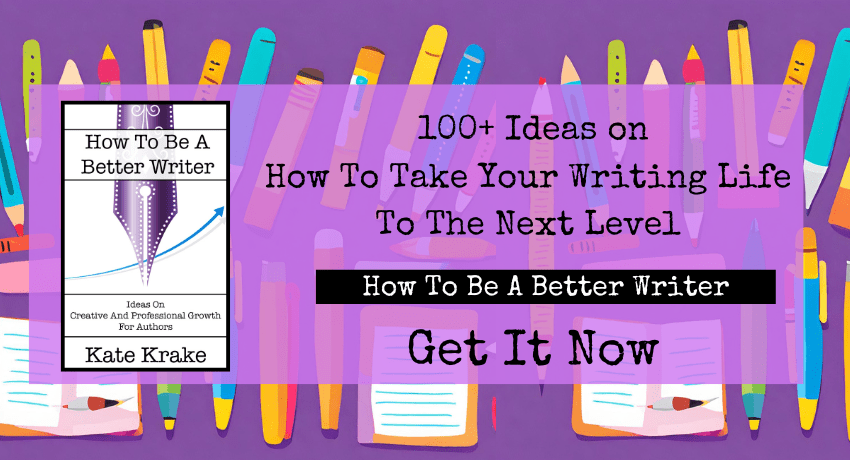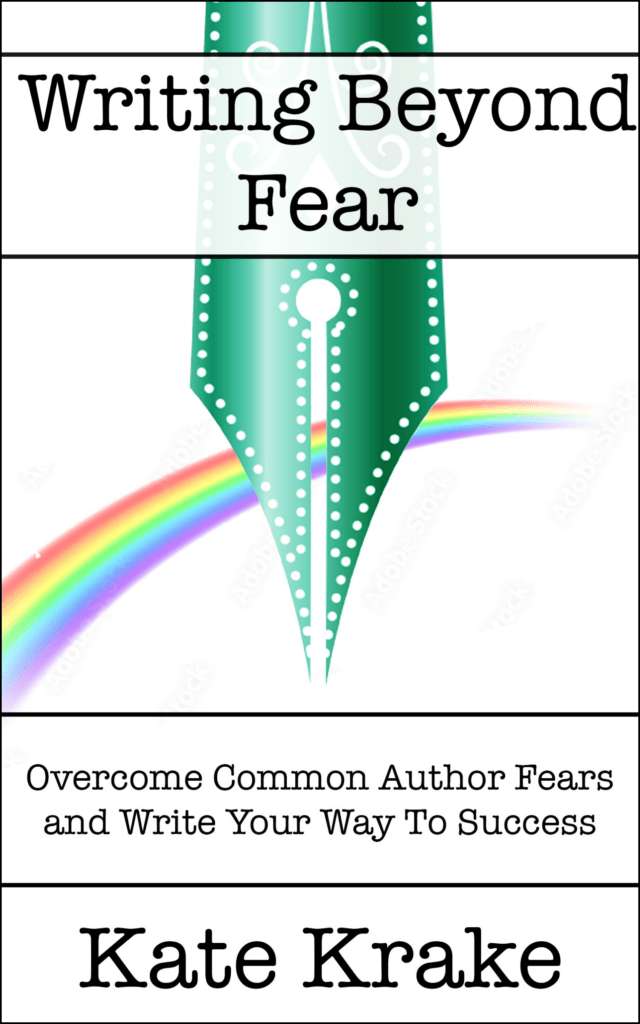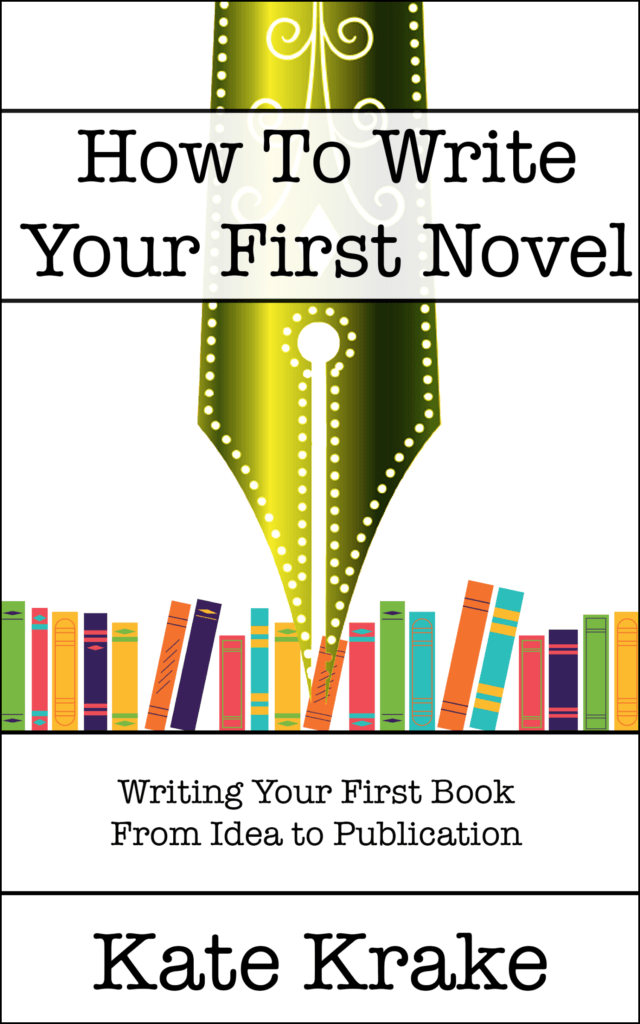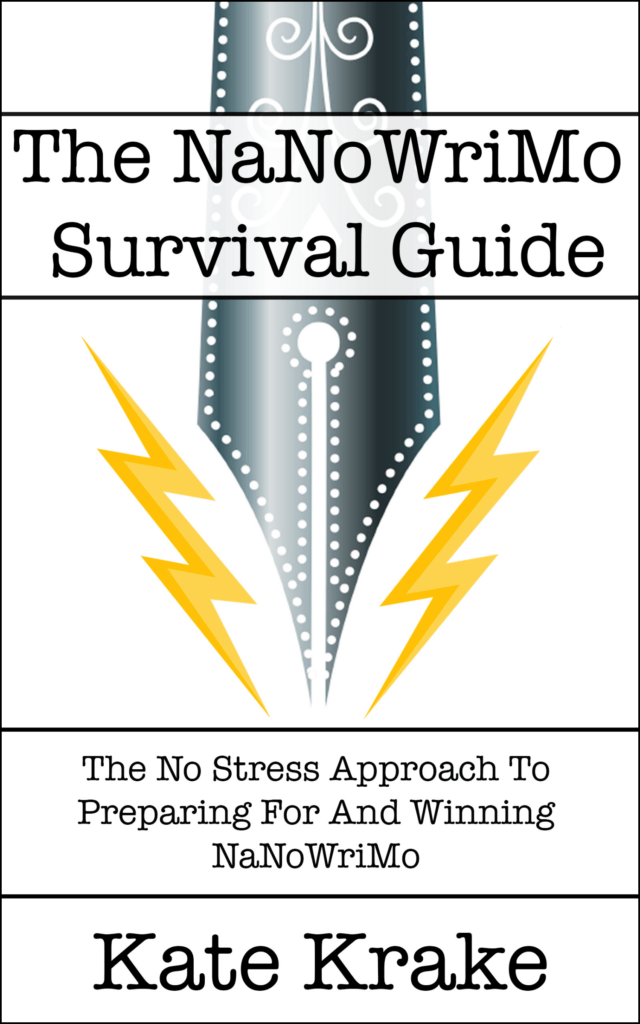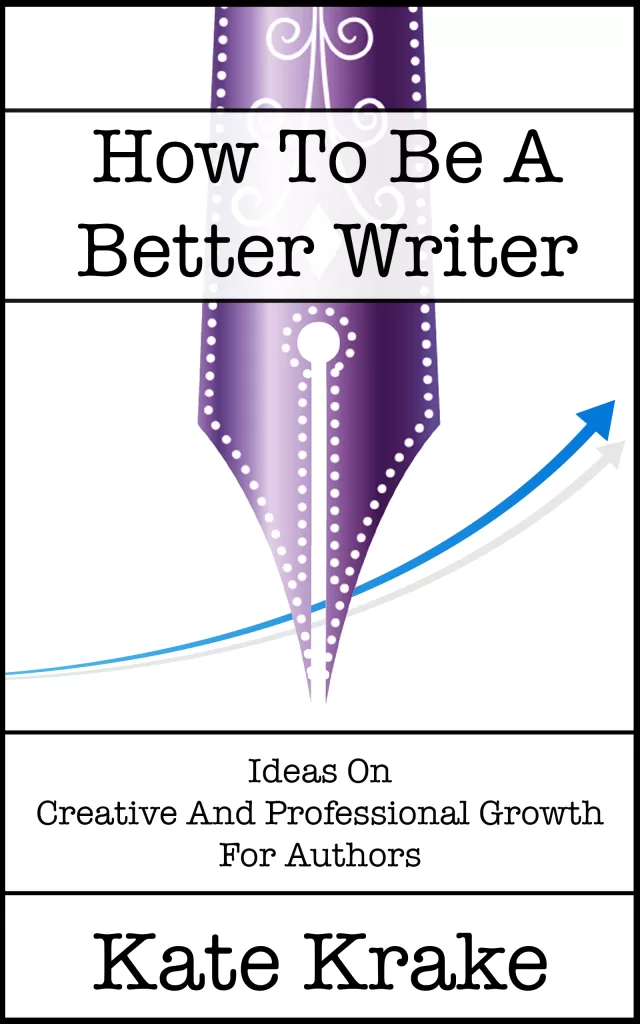Learning how to be weird is an exercise in authentic living that can define a writer’s creativity identity, enhance creative thinking, boost self-esteem, and make for an all round happier life.
I’ve always been a bit different. I used to think I was the only one like this, and I also used to think it was a problem.
For decades, I tried to fit in. But… there was always something. Whether it was the books I read, the music I obsessed over, the movies and TV I watched (or didn’t watch), the clothes I wore, the stuff I did for fun. I was never quite with what everyone else around me was doing, and it used to bother me.
These days I wear my oddness with pride.
I’ve learned how to be weird. It’s a part of who I am and how I enjoy living. It’s part of who you are too.
I couldn’t be a writer without my idiosyncrasies, and you can’t be a writer without your weirdness, too.
How To Be Weird: Remember The Social Value of Being Different
Everyone sees themselves as a bit odd in some way, because we all are different.
It’s a failing on a universal level we don’t embrace that, we can’t even remember it as true on most days.
We’re social beasts, we need to be part of the group for our survival. These days it might not be physical survival exactly, but our mental health needs us to connect to others.
It’s hard to connect with others when you feel like an outsider, but we need to remember that the most valuable social groups are those with the most diversity. Not just diversity of culture, but also a diversity of ideas and personalities.
We need to be authentically ourselves in order to make the most valuable social connections and create the most effective communities.
It’s a tragedy of the twenty-first century that this necessity to connect and belong has led to a mass global dumbing down of personality and individualism.
We upload and share what we think will get us a bunch of “Likes” and if that doesn’t work, we try to show the world someone else, something more pleasing to the algorithms.
We’re herded into echo chambers, shown what it’s assumed we’ll like based on what we’ve previously shown interest in all to keep our eyes on our screens and the advertizer’s dollars flowing.
How are we meant to see different ideas, to celebrate diversity, and harmonize with the individuality of everyone else in the world when we’re only ever exposed to the same old inauthentic versions of the same old things?
I’m not suggesting we all run off on our own and live like rogue wolves in caves with no Wi-Fi. On the contrary, we must foster our communities and all the magical benefits they bring to us. Genuine communities, online and offline. Not Facebook, Twitter/X (or whatever it’s called this year), or Instagram. Not even Facebook groups.
Being a part of a real and valuable community is accepting our differences, embracing the nuances that add curiosity and color to the world, and that starts with accepting our own oddities and learning how to be weird.
Pythagoras’ Fifth Hammer
It’s reminiscent of the idea of the fifth hammer, a thought model developed from the legend of Pythagoras “discovering” harmony through the ringing of a smith’s hammers. The four hammers operated on neatly mathematical sound patterns, but the fifth was a discord among the set and thus rejected from the theories of harmony. But that fifth hammer was still there, singing out its own tune and adding to the whole. In fact, the entire harmony needed that outlier fifth hammer to work properly.
Be the fifth hammer.
Writing And Human Authenticity – Or How We’ll Compete With The Robots
Who are the authors we remember? The outliers, the unique voices, the innovators, the truth seekers. The fifth hammers. The authentic individuals, not those who produce superficial copies of copies of copies.
It’s a fact of our present reality that AI technologies are writing books. When the market floods with mass produced robot books, what’s going to set your book apart?
Your personality, with all of your beautiful weirdness will set you apart from AI.
Being a writer is an exercise in finding your authenticity and that starts with embracing your weird, what makes you special, and taking that into your work and everyday living.
Writers and all other artists are the fifth hammers of the world, and we need to be celebrating our individualism, embracing our distinctions. Yet, we continue to chase trends, to alter our voices to become more socially “sharable.” We increasingly work, write, think, and live to better please algorithms, and then look to the success of those we call outliers as an unobtainable anomaly.
We have to stop striving for homogenization and start striving to be outliers.
The robots will take care of those market driven stories. There’s no point even attempting to compete. This frees us all up to write our own work and follow our own freaky interests.
Why Is It Important We Fly Our Freak Flags High?
Because this authentic living is not only the path to being a successful creative, it’s also our path to personal happiness.
Constant pressure to conform, to do stuff because someone else said to do it, is not only exhausting, it’s also a shortcut to a long misery.
Sure, sometimes it’s in our best interests to conform and play the game. We have day jobs; we need to follow laws, and earn money to pay bills, but we can live and thrive within this system without compromising our unique values, without denying who we are, and what makes us special.
How To Be Weird
This is a short, easily digestible list. And like so many of these types of lists, it’s not the whole story. This isn’t a checklist of stuff to tick off once accomplished. Chances are, to truly master any of these ideas, we’re talking months or years of deep introspection and hard work to overcome possibly decades of external pressures telling us not to do these things.
Consider this a list of things to start thinking about. Where might you like to start embracing your weird and flying your freak flag? Some will be easier than others, with almost instant consequences on the psyche (like resisting playing the social media game). Others are bigger, scarier, harder. None of them are simple. It’s up to you where to start thinking, and I hope you’ve got your own suggestions to add to this list -please do add them through the comments below.
- Follow your interests and curiosities with dogged passion and pride.
- Forget “guilty” pleasure. There is only pleasure.
- Wear what you like to wear.
- Write the stories that speak to your heart, not what the algorithms have decided will make you the most money.
- Eat what you like to eat.
- Speak your mind.
- Dial down your judgements of others and embrace their individualism too.
- Decorate your home to suit your tastes and reflect your personality.
- Talk openly about what you like and how you spend your time.
- Seek ideas and opinions that differ from your own beliefs.
- Read widely.
- Resist engaging with what social media algorithms suggests you might like.
- Practice your unique brand of creativity.
For an excellent book that preaches many of these same philosophies as a path to injecting your creativity with an endless supply of rocket fuel, I recommend Embrace Your Weird: Face Your Fears and Unleash Your Creativity, by Felicia Day.

